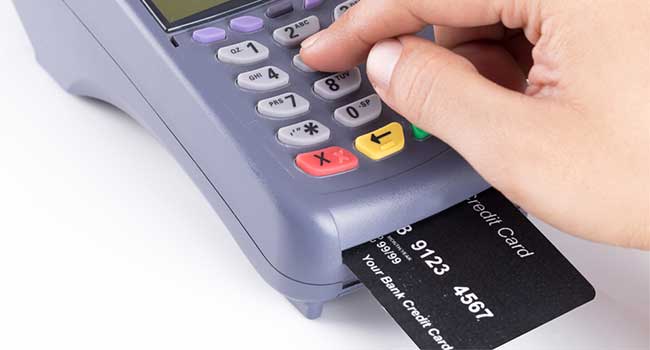
The Slow Adoption of the EMV Chip
- By Sydny Shepard
- Mar 29, 2016
The adoption of EMV chipped credit and debit cards was a big deal… until it wasn’t anymore.
Based on CardHub’s 2016 EMV Adoption Survey, retailers have made it their mission to put off the change in payment terminals for as long as possible and it seems that customers really don’t care if they do or if they don’t.
While retailers and customers are lagging on the adoption process, financial institutions have done what they can to make the cards more secure. The October 1, 2015 deadline, set by Visa and MasterCard for the transition away from magnetic-stripe card security, was met by the majority of banks and financial institutions while, six months later, 42 percent of retailers still haven’t changed over their payment methods. And of the retailers that saw a data breach in recent history, only 43 percent of them have updated their terminals.
It seems that the retailers are slow to move because the customers really don’t care, and at times, show favor for the magnetic stripe version of payment. 56 percent of people don’t care if a retailer’s payment terminal is chip-enabled and another 41 percent don’t even know if their current card has a smart-chip in it. Of all those people, only 38 percent understand why the chip is even necessary to secure their financial data.
Perhaps the most overwhelming finding in the survey is that 41 percent of people falsely believe that their debit cards protect them from fraud better than credit cards.
In the detailed findings of the survey, CardHub found that WalMart, Target, The Home Depot, Walgreens, CVS, Best Buy, Macy’s, Rite Aid, Gap and more have adopted the EMV chip-enabled payment machines while stores like Alberstons, Pizza Hut, J.C. Penny, Bed Bath & Beyond, Family Dollar and Staples haven’t changed not one of their payment terminals.
Some stores like, Jimmy John’s and Dairy Queen are at a high percentage of chip-enabled terminals, but have not yet placed the new devices in all their stores.
About the Author
Sydny Shepard is the Executive Editor of Campus Security & Life Safety.